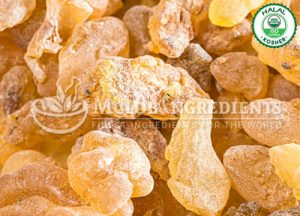Amla is throughout India and nearby countries cultivated. Amla is known as a “superfruit”. A 100-gram of fresh amla berries contains as much vitamin C as 20 oranges. Amla grows on a flowering tree. The small berries are bright or yellow-green in color and round. Though they are quite sour, their flavor can enhance the recipes they’re added to. Amla is used as a traditional medicine Incorporating this ancient superfruit into your diet may improve overall health. Amla contains antioxidants and vitamins that offer several health benefits. Vitamin C present in high concentrations in amla helps the body recover from illness. Amla berries also include several chemicals and flavonols that have been linked to benefits like improved memory.
Benefits :
Amla some benefits are as follows:
- Improves eyesight
- Regulates blood sugar and lipids.
- Promotes immune function.
- Improves kidney health.
- Enhances liver health.
- Supports healthy digestion.
- Promotes heart health
- May increase hair growth.
Side effects:
Amla does not cause any serious side effects but In some cases, It can lead to problems of hair fall, dandruff, itchiness, and other hair-related problems. In the fruit, some compounds may also lead to dehydration. So, it is recommended that after consuming amla drink lots of water.
Precaution:
- Avoid breastfeeding women.
- Amla may lower blood glucose levels if you are taking Amla along with anti-diabetic drugs to monitor the blood glucose regularly.
Interaction:
- Anticoagulant / Antiplatelet drugs such as Aspirin, and Clopidogrel interacts with INDIAN GOOSEBERRY. Indian gooseberry might slow blood clotting. Taking it along with medications that also slow blood clotting might increase the risk of bruising and bleeding.
- Antidiabetes drugs interact with INDIAN GOOSEBERRY. Indian gooseberry might lower blood sugar levels. Taking it along with diabetes medications might cause blood sugar to drop too low Monitor blood sugar closely.
Dose :
Indian gooseberry fruit extract, used by adults in doses of 500-1000 mg daily for 4-12 weeks by mouth. Advice with your doctor to find out what dose might be best for a specific condition.







